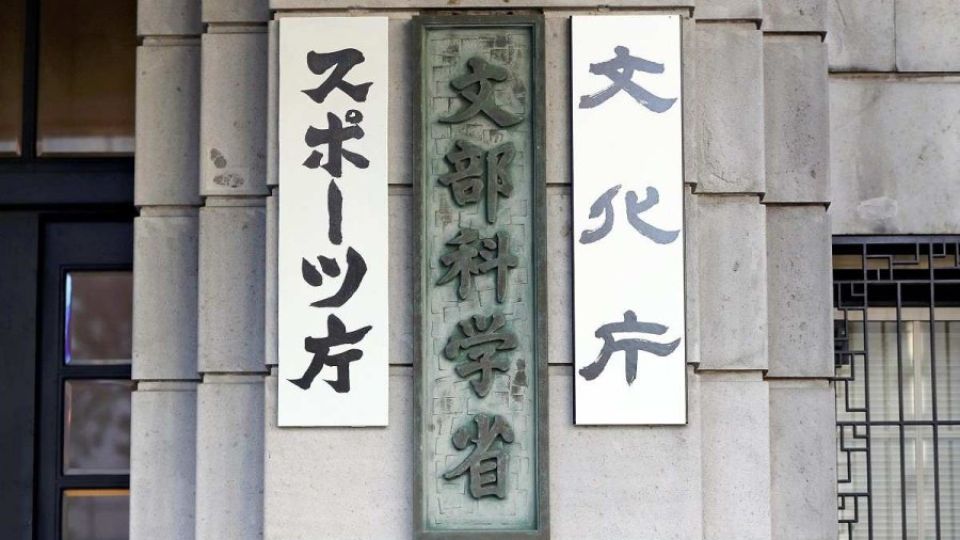January 6, 2025
TOKYO – The Japan Sports Agency plans in March to revise their strategy for strengthening athletes, reformulating their policies to explicitly include the use of AI in the training of top athletes for the first time, with an eye toward Olympic and Paralympic Games between now and the Brisbane Games in 2032, it has been learned. The agency hopes to process huge amounts of data using AI and thereby help Japanese athletes improve their performances so that they can win a lot of medals.
However, the strategy will also sound a warning about the risks athletes may face from overdependence on AI, including losing their powers of judgment and feeling for the sport, as well as injuries from overly intense practice.
The strategy serves as the highest guideline for measures to strengthen athletes aiming for the Olympics and Paralympics. It will be reflected in projects by the Japan Sports Agency and the Japan High Performance Sport Center (HPSC), a strengthening base for top athletes in Kita Ward, Tokyo, and support initiatives for various sports organizations.
AI is used to improve athletes’ form, manage their condition and develop sports strategies. For gymnastics, AI systems which have been fed information on gymnastics skills so they can analyze and score filmed performances have been brought in to help judges at world championships.
In Japan, universities and private companies are developing AI systems to help with shot selection in curling and analyze athletes’ positions in trampolining, but they lack accuracy due to a scarcity of data, such as footage of games, that can be used to train AI. Many sports organizations also lack human resources well-versed in AI.
According to sources, the agency will add AI-related items to the strategy it is developing for enhancing the performances of top athletes, as Japan is falling behind the United States, Europe and Australia in this field.
The revised strategy is expected to include policies such as sharing effective examples of using AI with sports organizations and enhancing the accuracy of AI by working with researchers to collect greater volumes of data.
Meanwhile, it plans to identify potential risks such as training athletes without considering their condition, or that they might lose their feeling for the sport and ability to read each play due to becoming overdependent on AI.
The agency is expected, based on the new strategy to strengthen its network of researchers centered around HPSC, and start to use AI in earnest across a variety of sports from fiscal 2026.
“The use of AI is indispensable to compete with world,” a related person said. “However, AI is only a tool to improve work efficiency, and final decisions must be made by humans. If athletes let AI dictate how they play, the charm of sports itself will be lost.”

